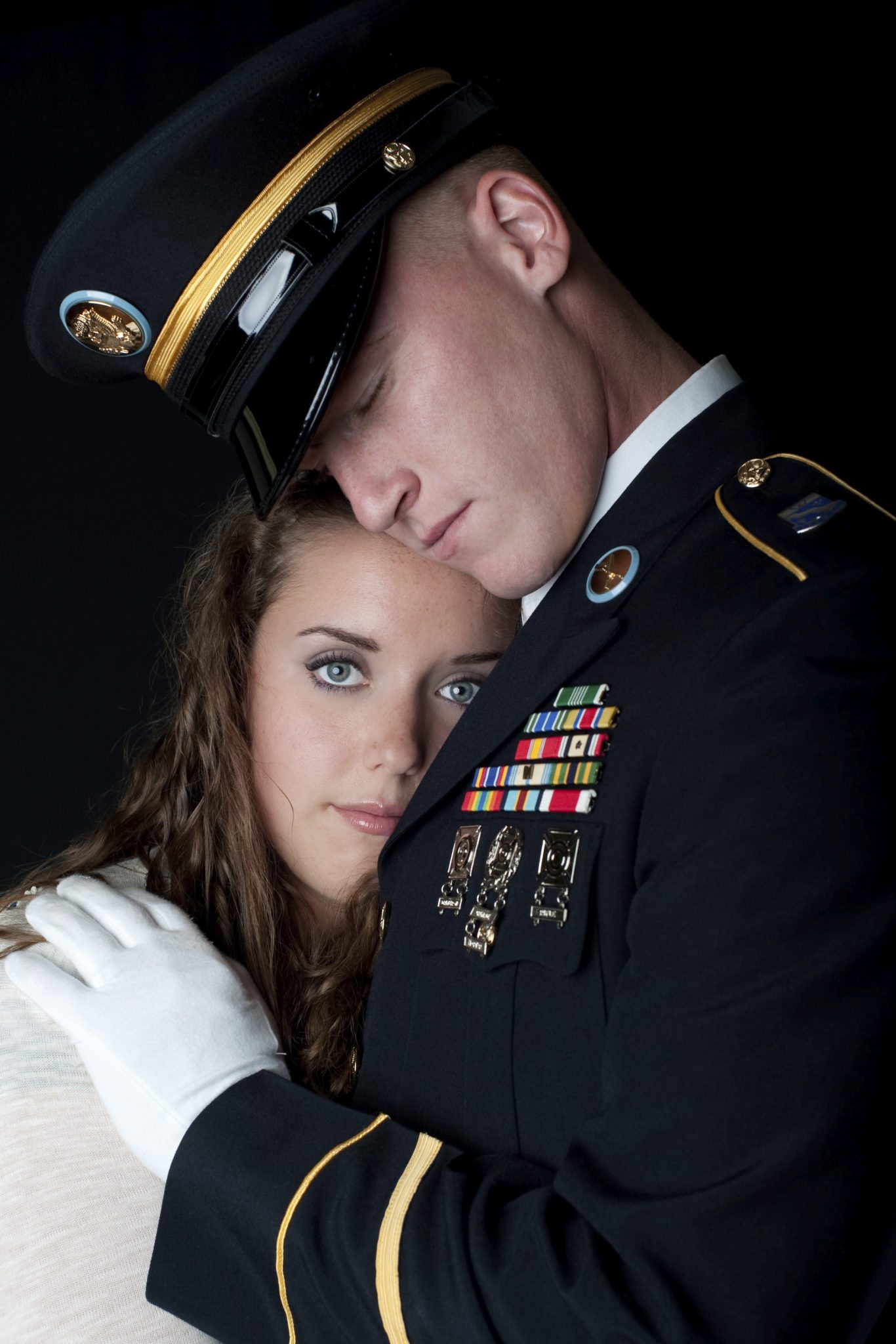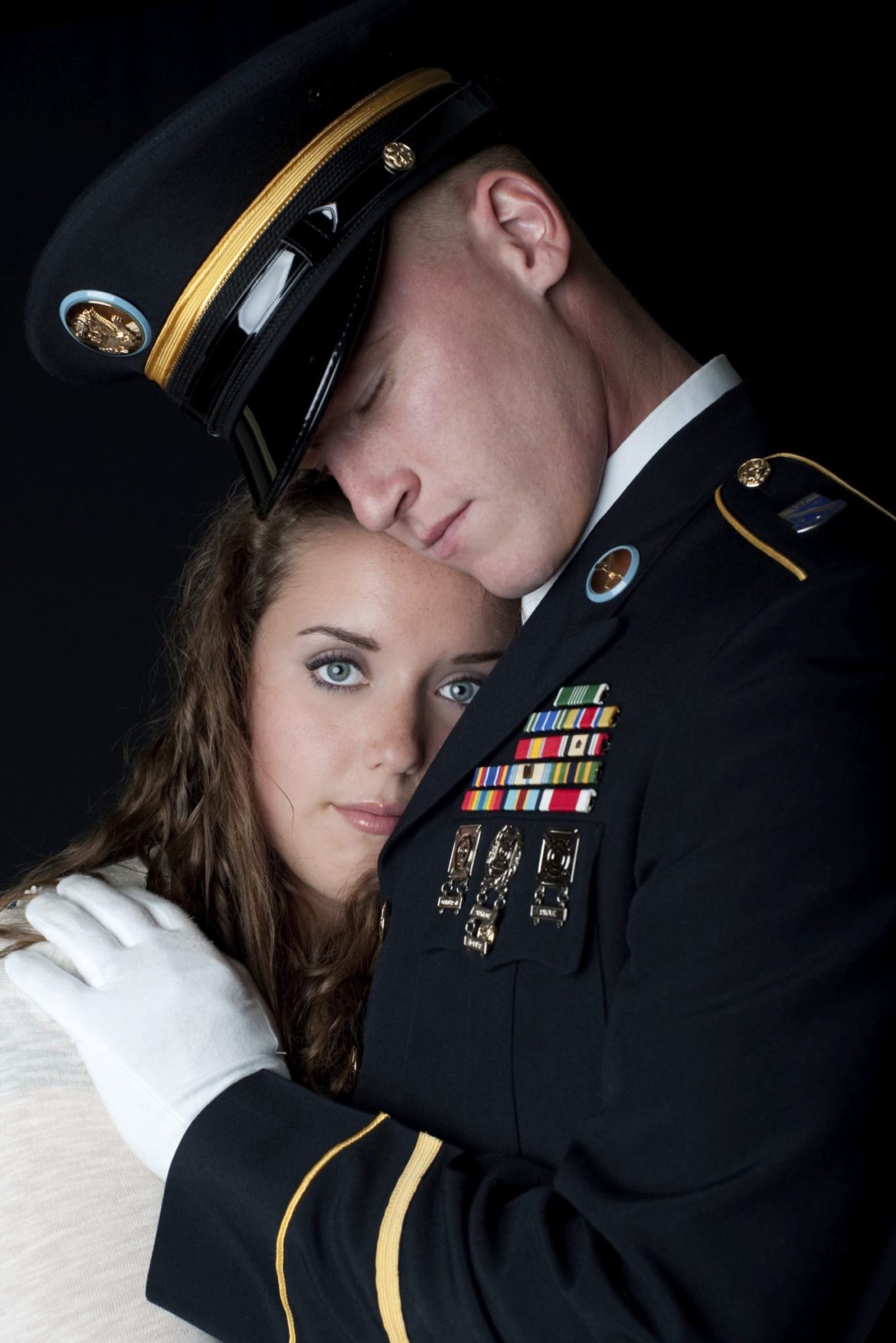 Too often, men and women are left so tortured by the sacrifices they have made in service to our nation that they choose to end their lives. The inner turmoil and physical pain they experience can be so great that in many cases it transfers to the loved ones caring for them at home. As a result, some of our military and veteran caregivers also consider suicide as their only escape from the stress and pain they are experiencing on the home front.
Too often, men and women are left so tortured by the sacrifices they have made in service to our nation that they choose to end their lives. The inner turmoil and physical pain they experience can be so great that in many cases it transfers to the loved ones caring for them at home. As a result, some of our military and veteran caregivers also consider suicide as their only escape from the stress and pain they are experiencing on the home front.
This week, the U.S. Department of Veterans Affairs held a national summit on suicide prevention to refocus our nation’s attention on this crisis. I was grateful to be invited to speak, so I could share how military and veteran caregivers are both part of the solution to veteran suicide, as well as potential victims themselves.
Suicide among caregivers is an uncomfortable subject. Even caregivers themselves are reluctant to open up about the issue. Yet, suicidal ideations among caregivers are real. Our need to act is urgent.
Caregivers are our first line of defense in protecting veterans from taking their own lives. They provide physical and emotional support in good times and bad, and are the first ones by their veteran’s side when an emergency occurs. Although caregivers provide comprehensive support, we must remember – at all times – that the vast majority of these men and women are not professional social workers, or healthcare providers. The complicated, all-consuming pressure that comes with caregiving is enormous. And for military and veteran caregivers who often assist care recipients with complex invisible wounds, the toll it takes on their own emotional well-being is far higher.
Those caring for individuals suffering from PTS and TBI become hyper alert for potential triggers. They must be sensitive to what may cause mood swings, anxiety attacks, or angry outbursts. In many cases, the caregivers become more sensitive than the veterans themselves. Veterans may only occasionally react to triggers, while caregivers put up their guard with every potential risk factor. This is a real and debilitating phenomenon facing our caregivers—many for the rest of their lives.
Compounding these difficulties is the dilemma that too many caregivers carry out their role in isolation. Few Americans understand what it is like to serve in uniform. Even fewer can relate to the lives of military and veteran caregivers. More than 50 percent of post-9/11 caregivers report that they do not have a support network to help with their caregiving.
Above and beyond these challenges is the fundamental obstacle that many caregivers do not self-identify as such. Unidentified caregivers are doing the difficult work of caregiving without any of the support.
The significance of this research can only be put into context by the personal stories of those caring for recipients who experience suicidal thoughts.
One mother shared with us her heart wrenching daily ritual – waking up each morning, emotionally preparing herself to check on her son. If it’s been a quiet night, she holds her breath as she checks his bedroom, praying that she will not find the scene that she fears every day. It’s a terrible routine that she believes has aged her.
Another caregiver recounted a conversation she had with her husband after one of his suicidal episodes. In the back of the ambulance on the way to the hospital, her husband pleaded with her to let him die this time. He felt like a burden. He saw no hope of getting better. His doctors had told him his injuries may leave him mentally and physically helpless while still a young man. It was scary. It was embarrassing. “I already died in Iraq,” he told her. “My body just doesn’t know it yet.”
Our caregivers have to stay one step ahead of their care recipients’ suicidal thoughts. They have to foresee all the ways they might choose to take their lives. It’s a terrible emotional state to be in. Their minds are constantly racing with horrific scenarios. And many of them cope with this struggle alone.
In time, our veterans’ sense of hopelessness transfers to their caregivers.
These obstacles are staggering, and we certainly have a lot of work to do. Yet, I face this challenge with optimism. Our nation has a history of rallying around what seem like insurmountable crises, only to find that solutions are indeed possible when we work together.
The first step we must take is fundamental. Find the women and men assisting our wounded, ill and injured service members and veterans, and educate them about the importance of identifying themselves as caregivers.
The Elizabeth Dole Foundation is taking on this challenge at a national level. Later this year, we will launch a nationwide education initiative called the Hidden Heroes Campaign to encourage caregivers to self-identify and to rally Americans to offer their support. Actor Tom Hanks has already stepped forward to serve as the campaign’s chair, and we will announce a broad range of partners to assist our efforts.
Once we identify these caregivers, we need to connect them to a support network. Our Foundation manages the Hidden Heroes Caregiver Community, a closed, caregiver-only Facebook group where caregivers can exchange resources, share advice, and socialize with people who understand their lives. We also facilitated the launch of the Military and Veteran Caregiver Network, which offers a myriad of resources including trained peer mentoring to military caregivers.
Every American can lend their support to this effort by identifying and connecting military and veteran caregivers in their communities, whether those communities are in a workplace, neighborhood, hospital, or community group.
In addition to connecting caregivers, we must reduce the emotional load they carry by better preparing them to serve in their role. To do this effectively, we should first increase training and resources. A large source of caregiver anxiety stems from what they don’t know. The VA plays a major role here, but it can’t all fall on the VA system. We need a holistic approach. The private, nonprofit, labor, and faith communities have to step up.
We also need to identify mental health and respite resources. These two areas go hand in hand. Clearly, caregiving takes an emotional toll too large for one person alone to bear. And respite care not only offers a much needed break, it provides caregivers a chance to focus on caring for themselves.
Our faith communities should also be part of our suicide prevention efforts. Religious guidance is the number one resource sought by caregivers, yet it was one of the least common types of support available. Faith-based groups are in every corner of our nation. They can provide mental health and family counseling, and respite resources. Leaders of faith are also some of the most qualified people to assist those struggling to find hope and meaning in their lives.
Nobody likes to discuss this issue—and that is why what the VA initiated this week was so important. Every single case of suicide is unimaginably tragic. We owe it to every suffering service member, veteran, and caregiver to study, collaborate and act. It truly is a matter of life and death.
Military and veteran caregivers are model examples of selflessness, strength, and resilience. Despite their tremendous struggles, they inspire me each day. I hope, in turn, they inspire all Americans to play their part in addressing this crisis. Together, we can help our veterans and their caregivers see that a brighter future lies ahead.













February 4, 2016
Senator Elizabeth Dole – Commentary on Caregiver Suicide